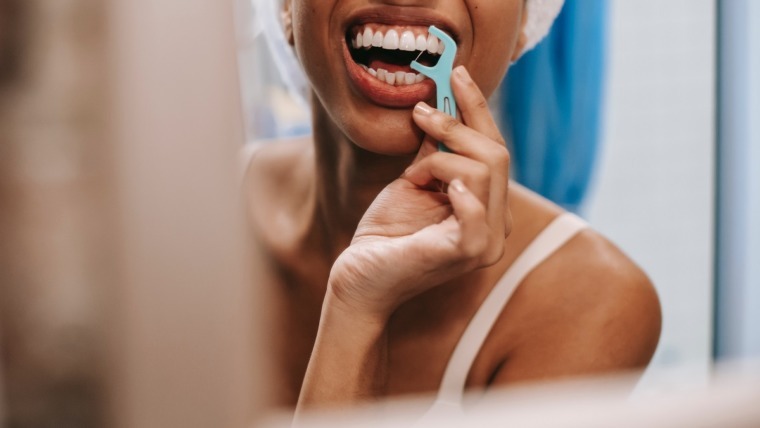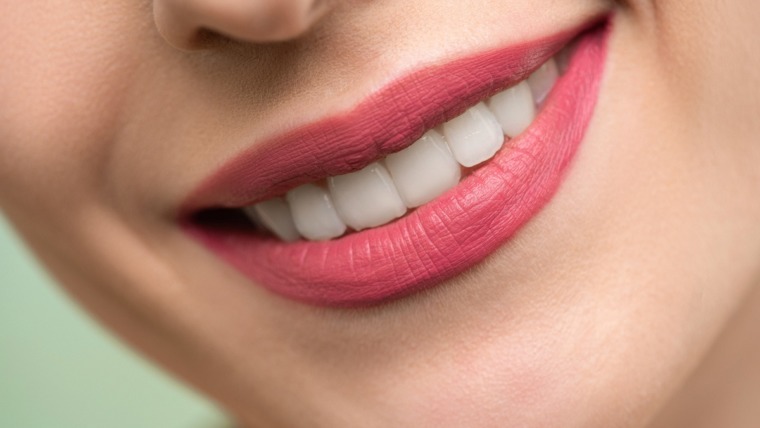
Written by Tabitha Acret
Research has confirmed that there is a systemic link between oral care and your overall body health.
Your mouth is where dental health and overall health intersect, think of it as the window to wellness, everything is exposed.
Bacteria in the mouth can travel through your bloodstream and therefore flow throughout your body. Therefore, by attending an appointment with your dental professional, you’re not just getting your teeth cleaned, you’re attending a lifesaving preventative care appointment. Here’s why…
When bacteria leave your mouth and travel throughout your body we know it can hurt other parts of your body. Recent studies have observed the link between oral bacteria and the onset of Alzheimer's, heart disease, inflammatory disease, and certain cancers. When visiting the dentist, hygienists aren’t just looking at your teeth, they’re screening your whole mouth – teeth, gums, tongue, head, and neck tissues included – to offer an overall health risk assessment. These preventative care appointments are crucial in reducing the bacteria build up in our mouths, and therefore reducing the risk of inflammation in the mouth and body. It is treatments like the AIRFLOW© Dental Spa that uses high-pressure water and cleansing powder to clean those hard to reach places. A non-invasive treatment that leaves your teeth and gums looking brighter and feeling stronger.
With ongoing scientific research, we are beginning to understand how dentistry is part of a larger practice that provides a full-body approach to health care. Dental hygienists and clinicians are specialists in patient wellness, and also help save your wallet, with the work they do in reducing the incidence of disease (personally and community-wide). This is why dental hygienists are one of the best-kept secrets in health care, and why they should be an essential part of your wellness routine alongside healthy eating, regular exercise, and checking in on your mental wellbeing.
Prevention is the key, avoiding any high risk when it comes to disease or health complications. So, what could you be going to improve your oral health?
- Brushing your teeth at least twice a day
- Use fluoride toothpaste to strengthen your teeth
- Ensure you are cleaning between your teeth, flossing once a day
- Limit your intake of sugary foods and drinks
- Attend regular preventive appointments with your dental care team
Take control of your overall health, and oral health, by investing in your dental professional. Focus on preventative care and what you can do today to create a happier healthier version of yourself, for the long term.



